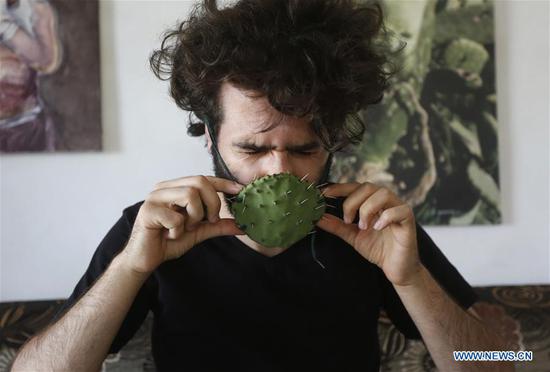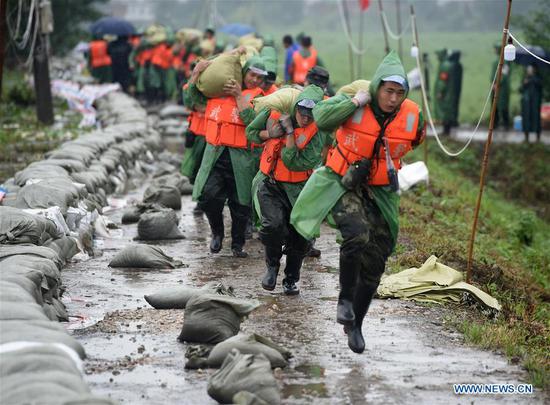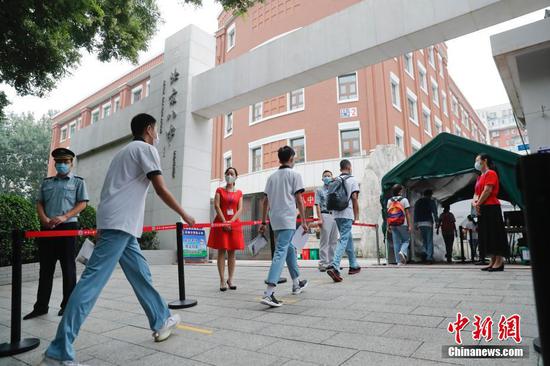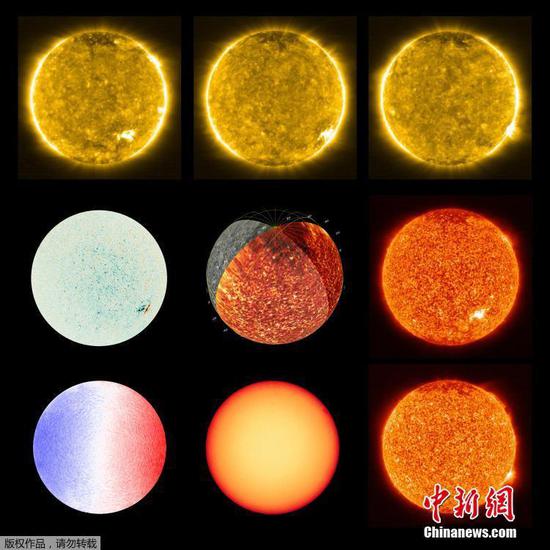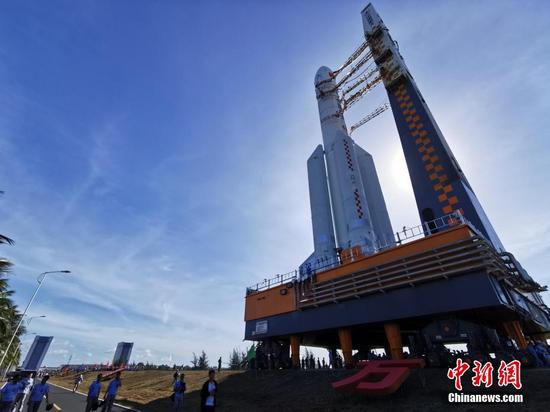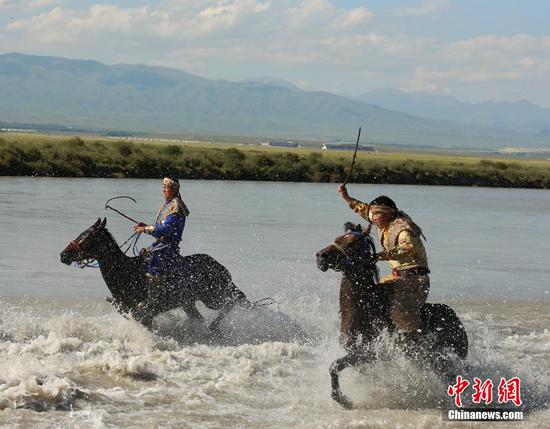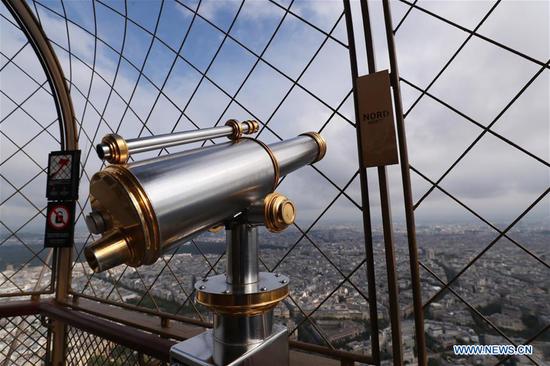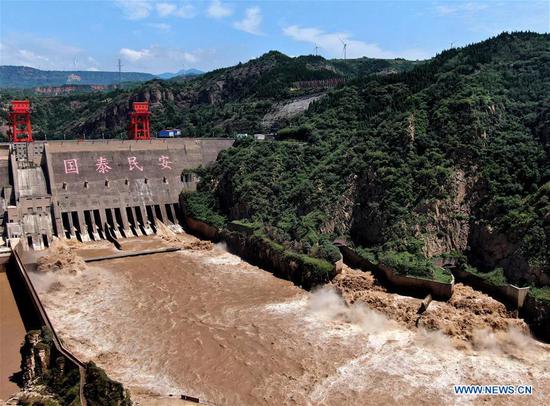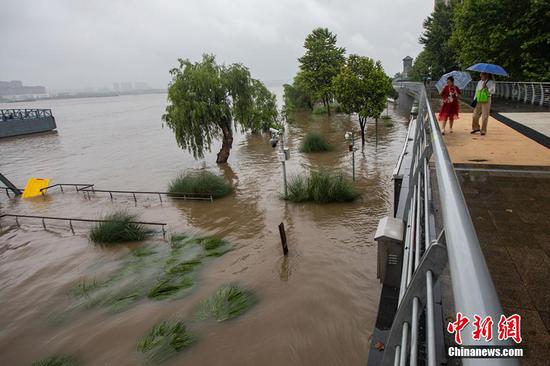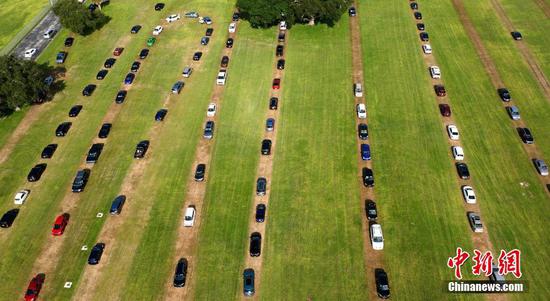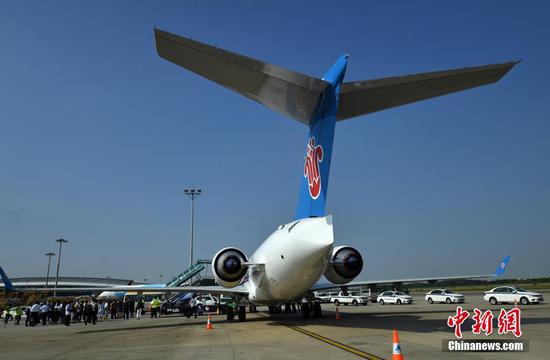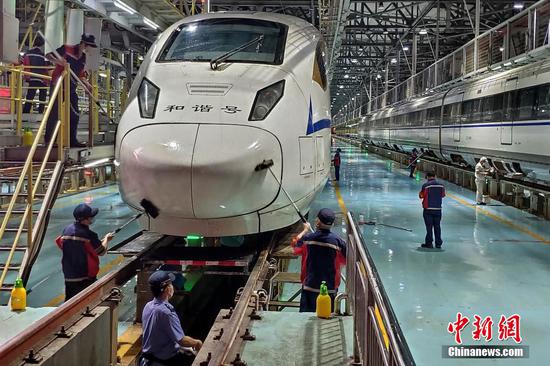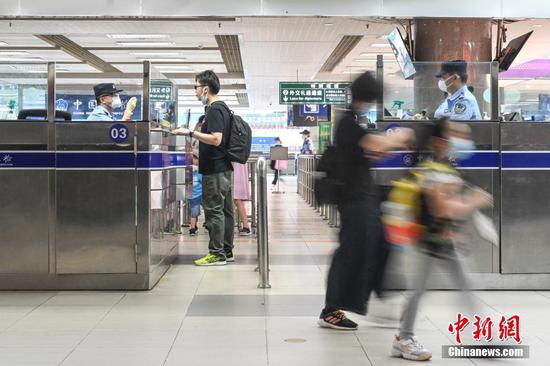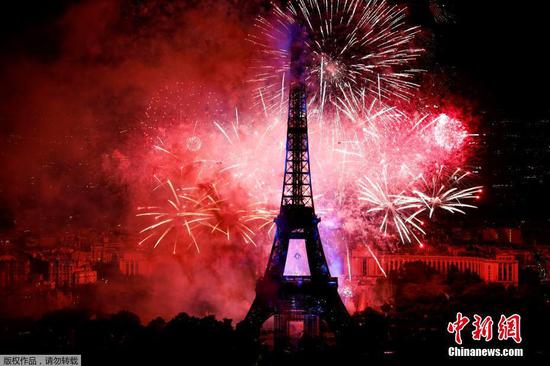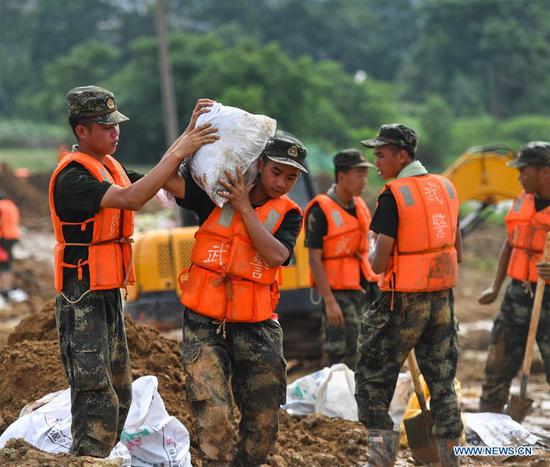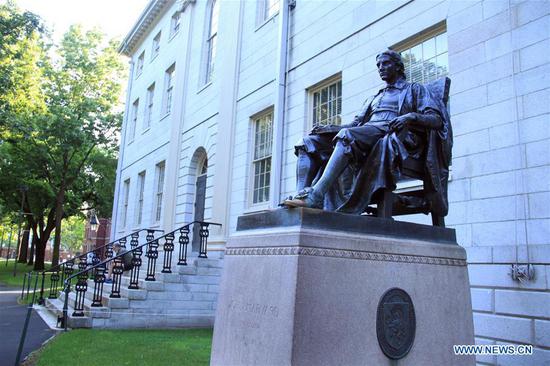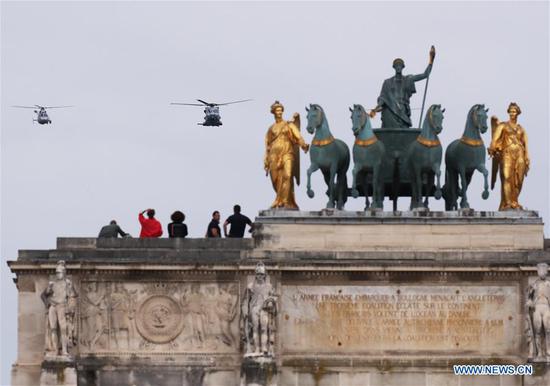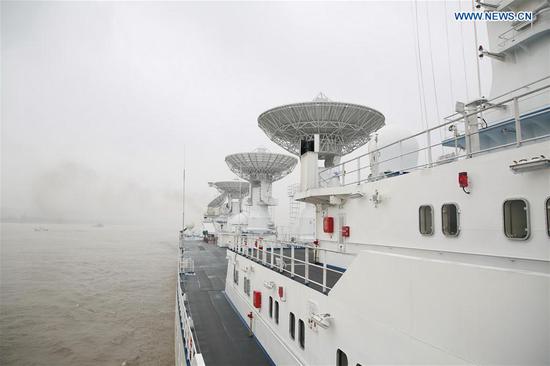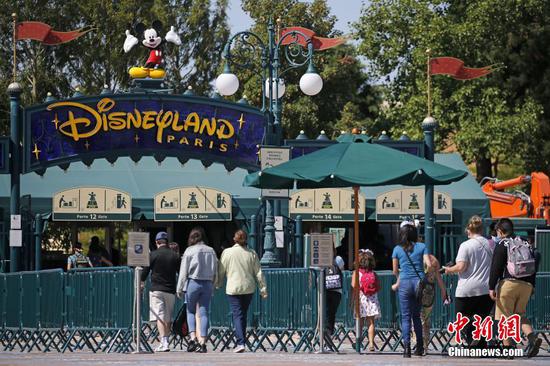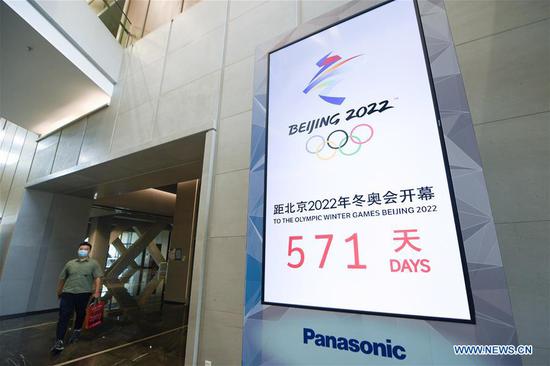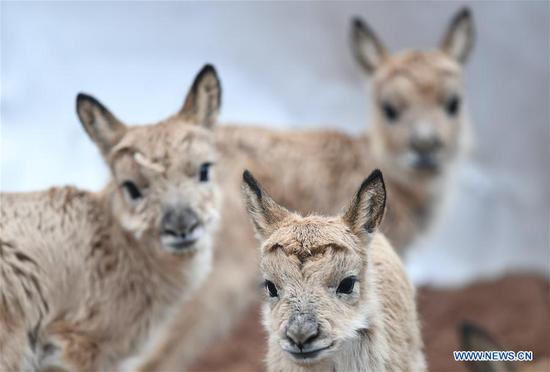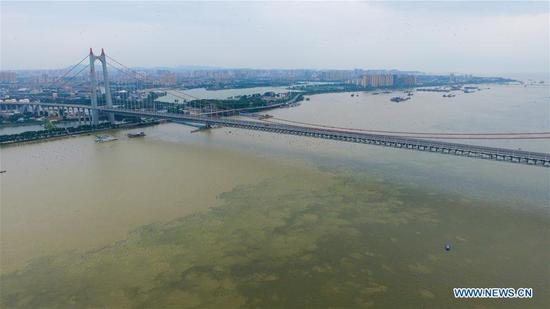The United States' signing the Hong Kong sanctions bill into law is seen as "an interference in China's internal affairs on the pretext of democracy, human rights and autonomy," an Indian scholar has said.
The U.S. move to adopt the so-called Hong Kong Autonomy Act "will naturally be deplored by any sovereign government," B.R. Deepak, chairperson at the Center of Chinese and Southeast Asian Studies at the New Delhi-based Jawaharlal Nehru University, told Xinhua in a recent interview.
Hong Kong has been marred by turmoil since 2019, which has weakened the city's economy and made mockery of law and order, and the prolonged riots openly advocating so-called "Hong Kong independence" infringe upon China's national security and territorial sovereignty, the scholar said.
He mentioned that since Hong Kong has failed to enact Article 23 of the Basic Law, which is designed to prevent any act of treason, secession and sedition, it is understandable that China has adopted the new security law to allay these fears.
"The new security law conforms to the provisions of the Chinese Constitution and the Basic Law of Hong Kong, and will provide institutional and legal guarantee to the 'one country, two systems.' Furthermore, since Hong Kong is an integral part of China, any law and order situation there should purely be China's internal affair," he stressed.
Deepak pointed out that the United States bringing in its bill on Hong Kong sanctions, taking on Tibet and Uygur human rights and upping the ante in the South China Sea are all linked with the forthcoming U.S. presidential elections scheduled for November.
"The U.S.-China relationship is one of the most important relationship of the 21st century and both must handle it with care. There are bound to be differences amongst nations. However, there is also room for cooperation," he said.
In the interests of global and regional peace and development, he urged the two countries to avoid conflict, and cautioned that "strategic competition" may not pave the way for strategic cooperation. "Both may decide what is workable for them and what is not," he added.










